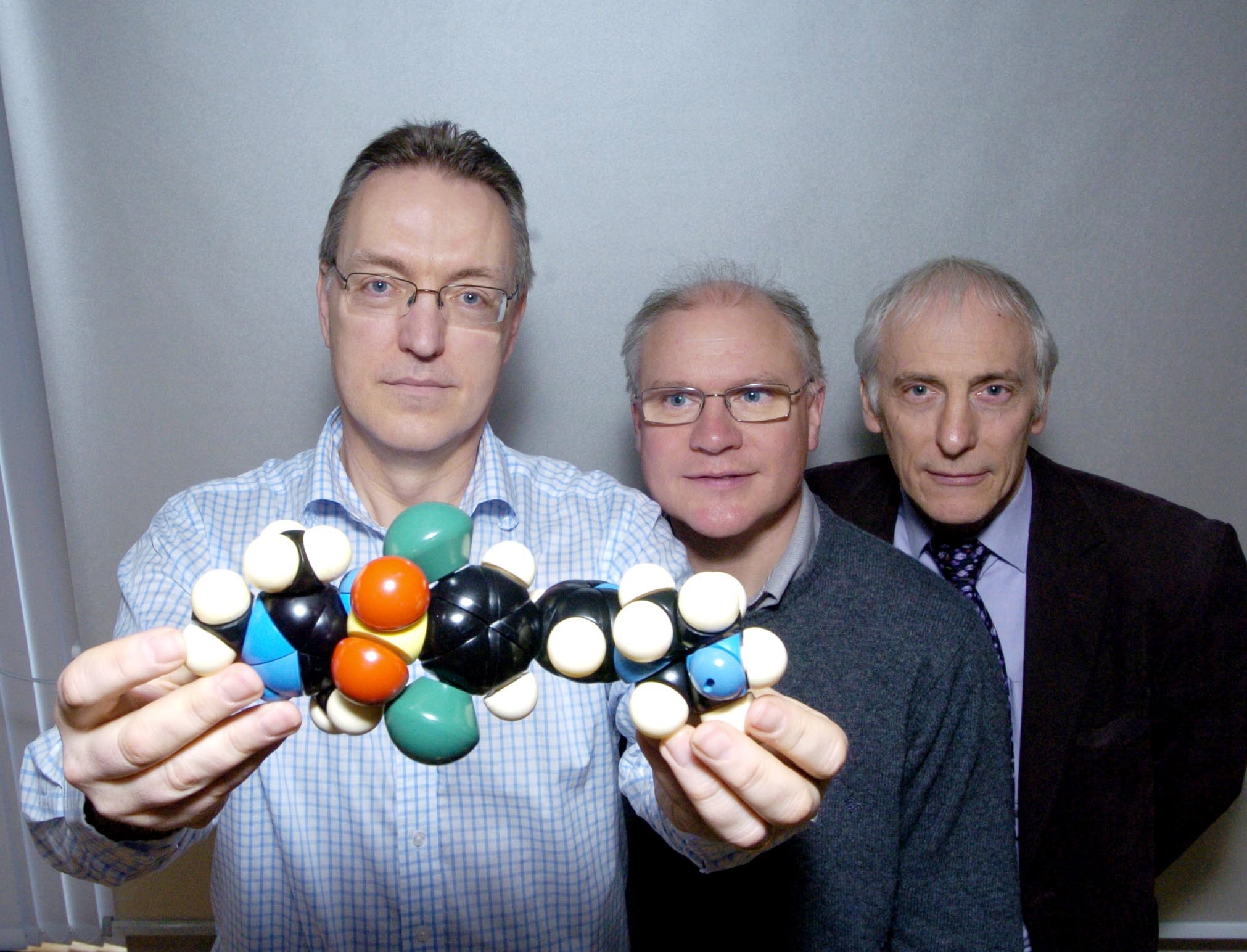Dundee University has been given £13.6 million to fund research into some of the world’s most devastating diseases including malaria and tuberculosis.
It has been given the money by medical charity Wellcome to create a new Wellcome Centre for Anti-Infectives (CAIR).
The centre will build upon research carried out at the University’s School of Life Sciences to create new drugs to treat neglected tropical diseases such as malaria and leishmaniasis, a disease caused by the bite of sandflies that causes agonising ulcers.
Dundee is at the forefront in battling diseases which kill millions every year #advancingideas – https://t.co/u5POhWo8Xf pic.twitter.com/SjY0p1ShK8
— University of Dundee (@dundeeuni) December 7, 2016
These diseases affect millions of people and cause hundreds of thousands of deaths every year.
They disproportionately affect the poor and cost developing economies billions of dollars.
“This is a major boost from Wellcome for our research at Dundee, and will allow us to grow our capacity in drug discovery and development for neglected diseases,” said CAIR director Professor Paul Wyatt,
“It will also mean we can expand our international collaborations, catalyse new projects and provide resources to carry out drug discovery training for scientists from countries where these diseases are endemic.
“There is an urgent need to find new treatments for these diseases, where there is increasing resistance to old drugs. We are at the forefront of this global effort to find new therapeutics and this award from Wellcome will further strengthen our efforts.”
Last year researchers in the Drug Discovery Unit at Dundee announced the discovery of a new antimalarial compound with the potential to treat malaria patients in a single dose. It is now in clinical development.
The Wellcome award is part of a £118 million investment in major research centres over the next five years.
Wellcome Centres all aim to advance understanding of health and disease, and span fundamental and social sciences, clinical research and engineering.
Wellcome’s director Dr Jeremy Farrar said: “Wellcome Centres play a special role in the global research ecosystem. By creating places where researchers can flourish we can catalyse world-leading research and translation, and amplify its influence and impact.
“At Wellcome we believe in long term support for discovery-driven science, and Wellcome Centres are an outstanding environment for researchers to further our understanding of fundamental biology, accelerate translation to clinical practice, and explore the social and cultural context of medicine.”










